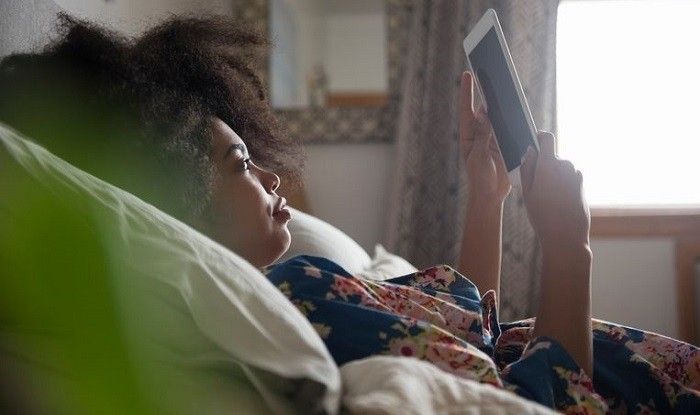A study of over 91,000 people found that browsing social networks like Instagram and Twitter, late at night in bed, could increase the likelihood of developing a number of psychological problems such as depression, bipolar disorder, stroke, neuroticism.
The late use of the mobile phone is only one of the disruptive behaviors highlighted by the researchers, who attributed the links to the aforementioned symptoms to the disturbance of the body clock.
This study, published in The Lancet Psychiatry by professors at the University of Glasgow, is the first to monitor the disturbance of the body clock on such a large scale.
Participants aged 37 to 73 years saw their activity levels monitored by wrist accelerometers, which they wore for a period of seven days, allowing researchers to measure the degree of disruption of their circadian rhythmicity during this period.
However, there were warnings about the results, as participants were monitored for only one week and were exclusively middle-aged and older.
These people were 11% more likely to have bipolar disorder and 6% more likely to fight depression, the study found.
In addition, they also reported lower happiness levels and higher rates of loneliness.
These people suffer from “very poor sleep hygiene,” said lead author Daniel Smith of the University of Glasgow and would participate in night-time activities such as playing on their cell phones or making teacups.
While Smith advocated imposing a limit of 22 hours for the use of the phone. To combat this, he added that daytime activities also have a role to play, explaining that a healthy sleep pattern is often the result of good activity during the day.
